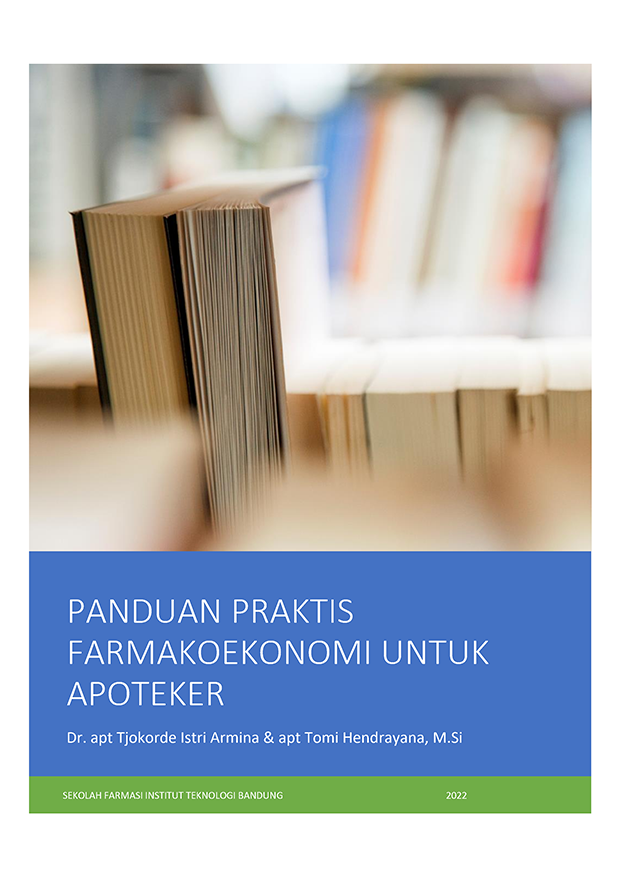

Tjokorde Istri Armina Padmasawitri
"Costs for health services continue to increase. For this reason, policy makers must carry out efficiency, including financing efficiency for pharmaceutical products and services. Armed with a deep knowledge of drug therapy, pharmacists have an important role in controlling the financing of pharmaceutical products and services. To carry out this role, a pharmacist not only requires clinical knowledge about drugs, but also supporting sciences such as pharmacoeconomics. Pharmaco economy is still very new in Indonesia. Many pharmacists in Indonesia have not yet gained pharmacoeconomic science in their formal education. For this reason, in this community service, a practical guide will be made that can be a guide for pharmacists to use pharmacoeconomic in their daily work. The survey showed that only 26% of respondents had a 'sufficient' knowledge level, while 74% had a 'lack of' knowledge level. The majority of respondents stated that they rarely apply pharmacoeconomic in their daily work, but 94.7% felt the need to get sustainable education regarding pharmacoeconomics. Based on the survey results, practical guidelines are prepared and contain related topics: Pharmacoeconomic definitions, basic concepts (including perspectives, costs, and outputs measured in pharmacoeconomic), economic evaluation methods, uncertainty (uncertainty), decision analytical modeling, impact analytical budget analysis, study Critical, and Transferrability of the results of pharmacoeconomic studies between jurisdiction. In the next stage, a workshop regarding pharmaco economics will also be held"